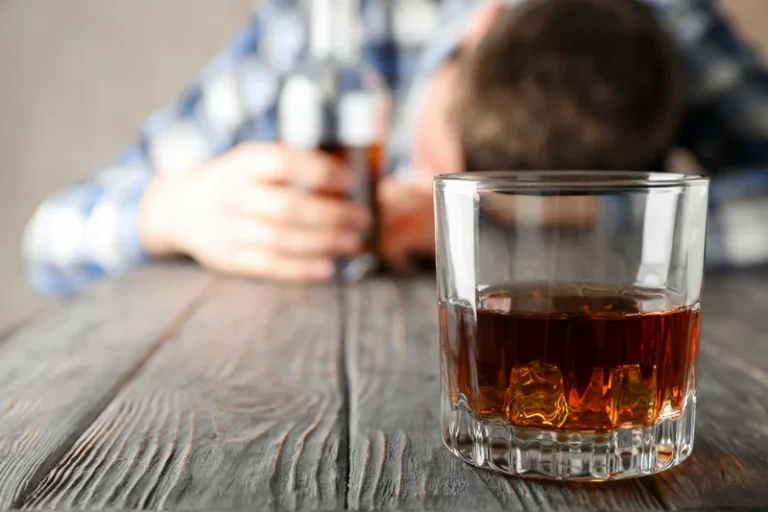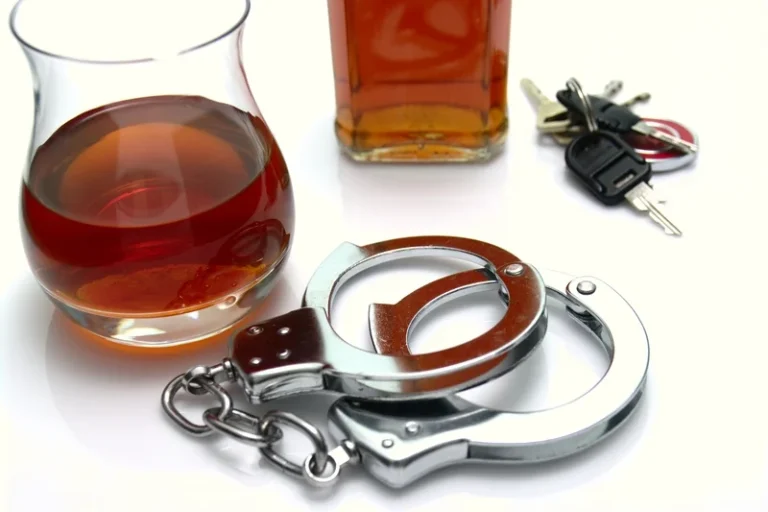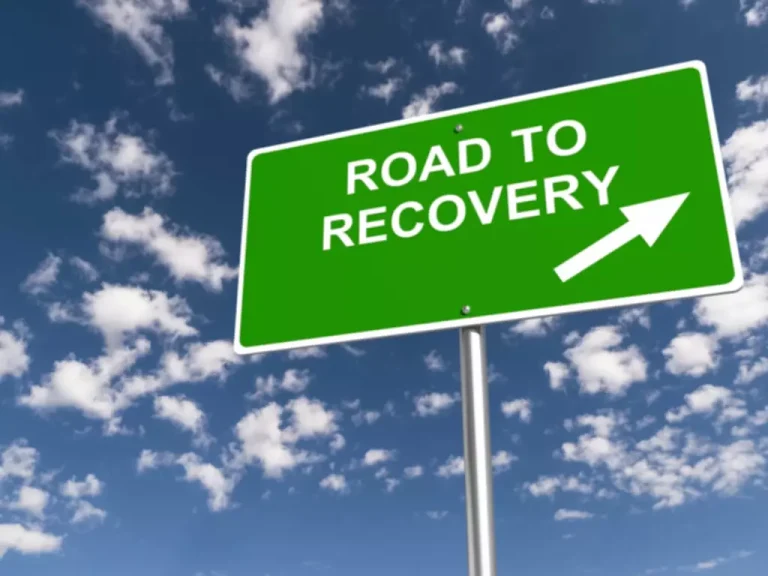ADMIN
No description.Please update your profile.
By being vigilant and acknowledging these signs, individuals can take proactive measures to prevent a relapse. Seek support from loved ones, attend support groups, and utilize healthy coping mechanisms to maintain a sober lifestyle. Remember, recognizing the signs of relapse is a crucial step towards long-term recovery. Fear is often a big part of addiction and recovery for young men. Initially, the fear of not having access to alcohol or drugs fuels their addiction.
Sustaining sobriety necessitates a robust support system and effective coping mechanisms. It is vital to identify personal triggers and develop healthy ways to address them. Encouragement and accountability can be found within support networks such as friends, family, and support groups. They have to relearn how to eat healthy meals, to exercise, and to develop coping mechanisms to overcome their fears, as well as to avoid triggers that could cause a relapse.
Engaging in activities such as painting, writing, or playing music can provide a healthy outlet for emotional expression and stress relief, contributing to finding healthy coping mechanisms. Setting aside time for relaxing activities like taking baths, reading, or pursuing hobbies is an important part of finding healthy coping mechanisms. Consulting a therapist or counselor who specializes in addiction recovery can offer targeted guidance and support, facilitating the discovery of effective coping mechanisms. Overcoming the challenges of sobriety can seem like a daunting task, but with the right tools, guidance, and determination, it is achievable. In this blog post, we’ll explore the complexities of substance use disorder, the role of mental health in sobriety, and why is it so hard to stay sober.
Triggers are situations, emotions, or stimuli that can lead to the desire to use substances and potentially cause a relapse. External triggers, such as certain people, places, or social settings, can also pose risks for individuals in recovery. Breaking sobriety and relapsing can be a challenging and disheartening experience for individuals on a journey of recovery. Recognizing triggers and seeking support are essential steps in maintaining sobriety and preventing relapse.
This blog will focus on why you experience fear in recovery and will explore a list of the most common fears in recovery and how to overcome them. Free from the grip of drugs and alcohol, you are able to start fear of being sober a new chapter. The possibilities are endless as you grow into a healthy, happy, and confident person. Warren is a Licensed Master Social Worker, who specializes in substance abuse and mental health treatment.

If your family or friends have lost someone to drug or alcohol use, they may feel helpless and reminded of past trauma. Online therapy provides a convenient and accessible platform for individuals struggling with triggers to seek professional help. Through online therapy, individuals can receive guidance, support, and evidence-based treatment strategies to manage triggers and maintain sobriety. Professional therapy can help individuals identify and manage triggers by providing guidance, support, and tools for self-reflection. Therapists can assist in uncovering underlying issues and developing effective coping strategies specific to each individual’s triggers.
It may suggest tools and resources that offer information, treatment services, self-help (or “DIY”) tools, and/or ways to connect with others. For any and all suggestions, comments, or questions, please contact Mental Health America. Recognizing the signs of relapse is crucial in catching it early and taking appropriate actions to get back on track. Getting back on track after a relapse involves acknowledging the setback, seeking support, reevaluating the relapse prevention plan, and reinforcing commitment to sobriety. At some point, those thoughts of using may have gone away because you were busy exercising, meditating, or doing some other activity so you did not have time to focus on using. Gradually, you will realize that thoughts of using and craving are fleeting and bearable, and that you are strong enough to resist these thoughts and feelings with healthy coping mechanisms.


According to Merriam-Webster, being sober simply means abstaining from alcohol and drugs. Though some people are sober for their entire lives, others may have sober episodes of a few years, months, or even days. They cover up all of that “stuff” that happened that you don’t want to deal with.

No description.Please update your profile.
LEAVE A REPLY